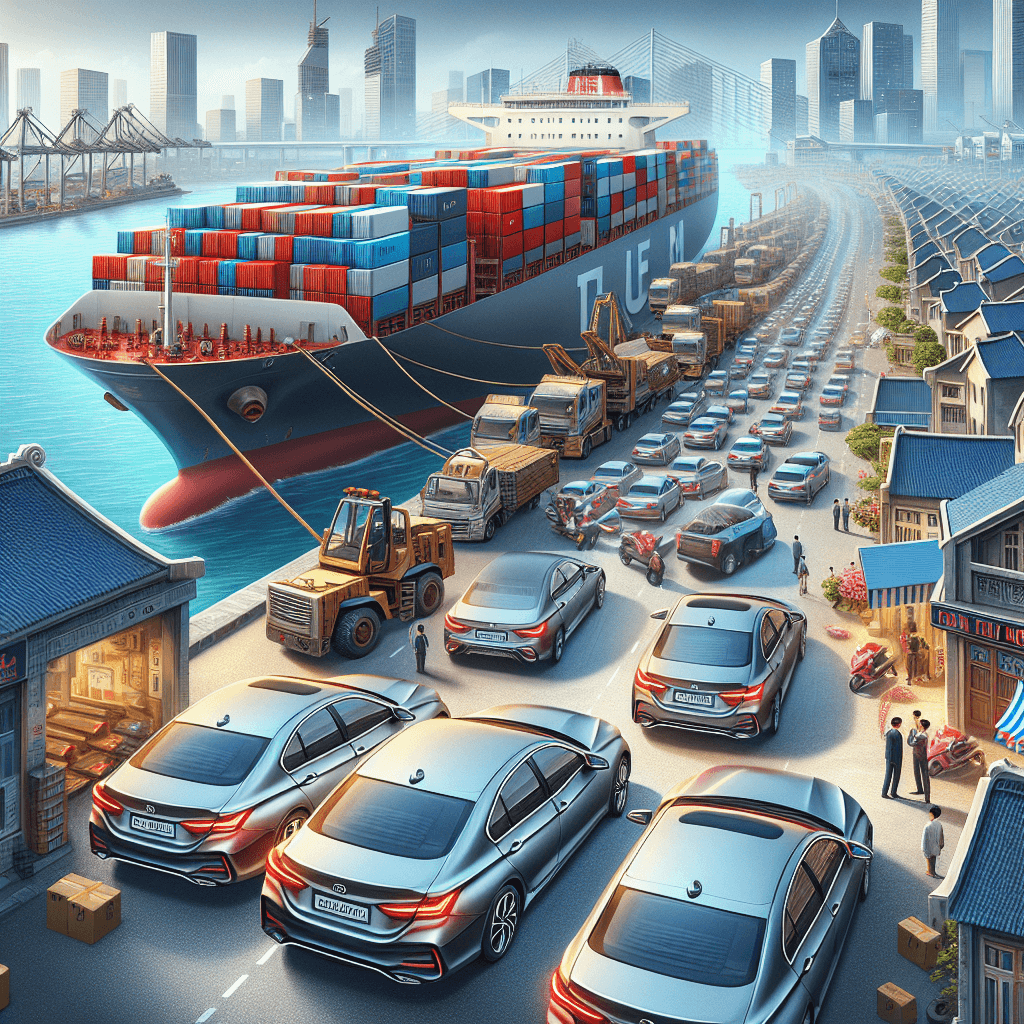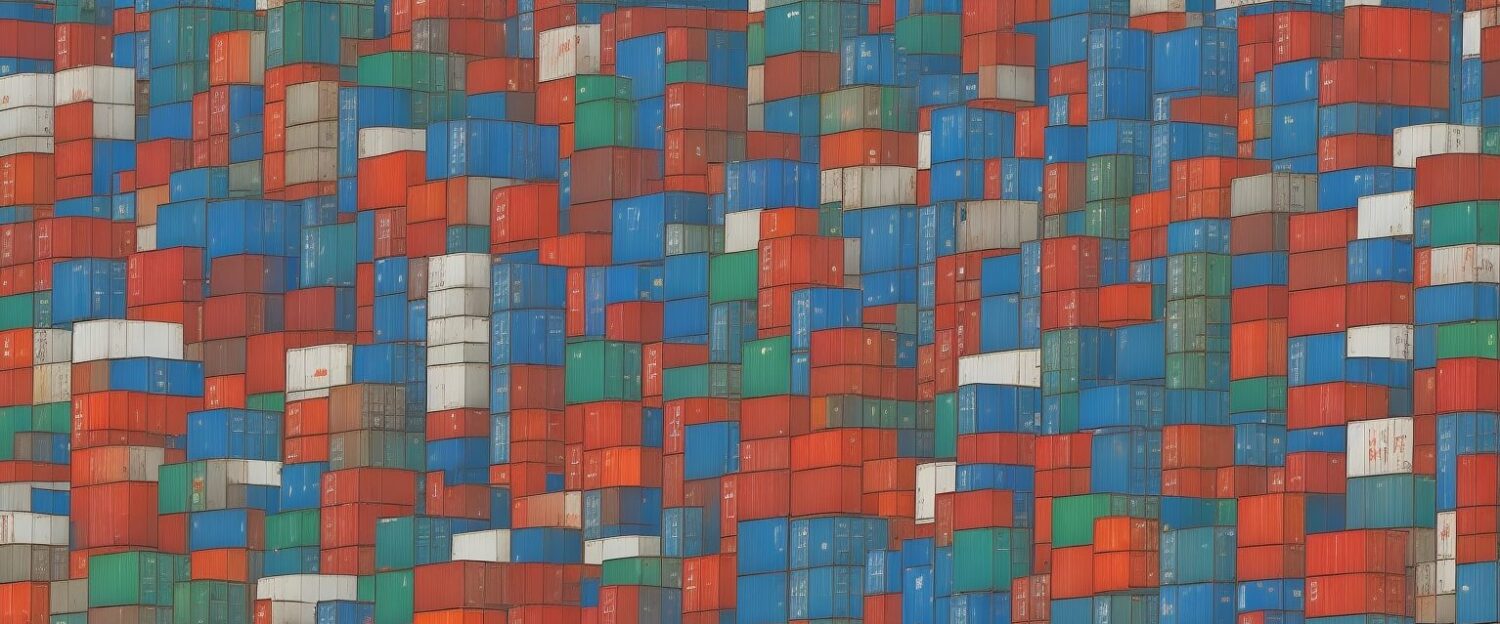
Skoda, a prominent member of the VW Group, has initiated the export of its Kodiaq and Karoq models from the Czech Republic to Vietnam, marking a significant milestone in the company’s global outreach. The inauguration of its first dealership in Hanoi is a testament to Skoda’s commitment to the Vietnamese market.
Anticipating a robust future, Skoda envisions rapid growth in its dealer network, aiming to establish partnerships with up to 30 dealers. Projections indicate annual sales exceeding 40,000 units beyond the year 2030.
The logistical intricacies of this venture involve shipping the vehicles on roll-on/roll-off (ro-ro) vessels. While specific details regarding the shipping line remain undisclosed, the cars embark on a journey from Kvasiny to Bremerhaven port via a two-day rail transit. Subsequently, a month-long sea voyage on ro-ro vessels takes them to Singapore port. From there, a two-week overland journey brings the cars to Ho Chi Minh City and then to Hai Phòng.
The European-manufactured Karoq and Kodiaq models arrive in Vietnam as completely built units (CBUs). However, other models are set to undergo assembly in Vietnam. The Kushaq and Slavia models, destined for the Vietnamese market, will first be exported to Pune, India, as completely knocked-down (CKD) kits. Skoda’s recently inaugurated Parts Expedition Centre in Pune, spanning 16,000 sq m, will serve as a packaging facility for these CKDs. The kits will then be shipped in containers to Vietnam, where they will undergo welding, painting, and assembly. Construction of the production line in Quãng Ninh province is already underway.
Skoda justifies the choice of exporting vehicles as CKDs due to potential tariff implications if shipped as complete units. Jiří Cee, head of logistics at Skoda, emphasizes the meticulous process involved in packaging bodywork and parts for transportation across the globe.
The usual export route to India, involving the Suez Canal, has been altered due to issues in the Red Sea. While Skoda does not anticipate significant production disruptions, slight delivery delays may occur.
Lubor Šrámek, overseeing the logistics of manufactured cars at Skoda, highlights the primary transport challenge in the Vietnam project—coordinating a shipping chain that seamlessly integrates road, rail, and sea transport, prioritizing quality, cost-efficiency, and transport times.
In collaboration with TC Group, Skoda has forged a strategic partnership for sales, local distribution, and production of vehicles in Vietnam, solidifying its position in this burgeoning automotive market.


